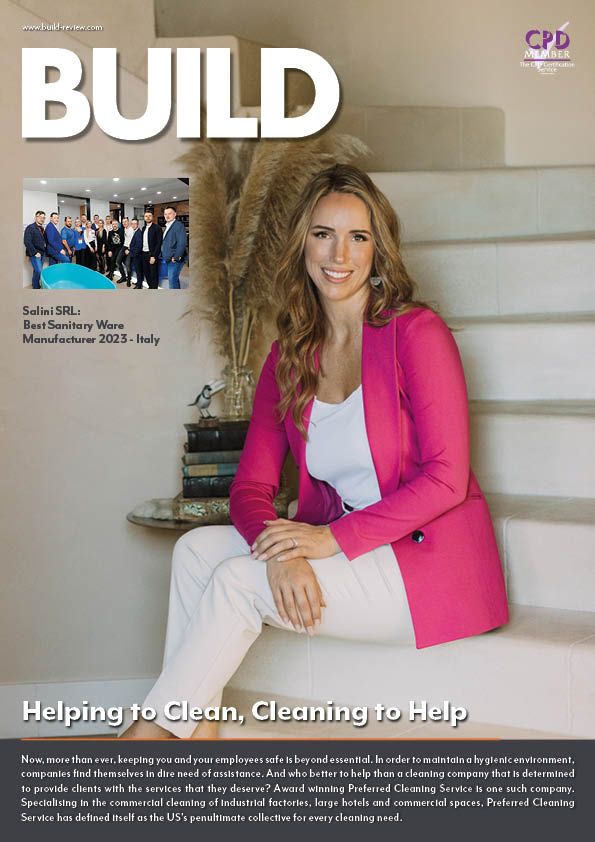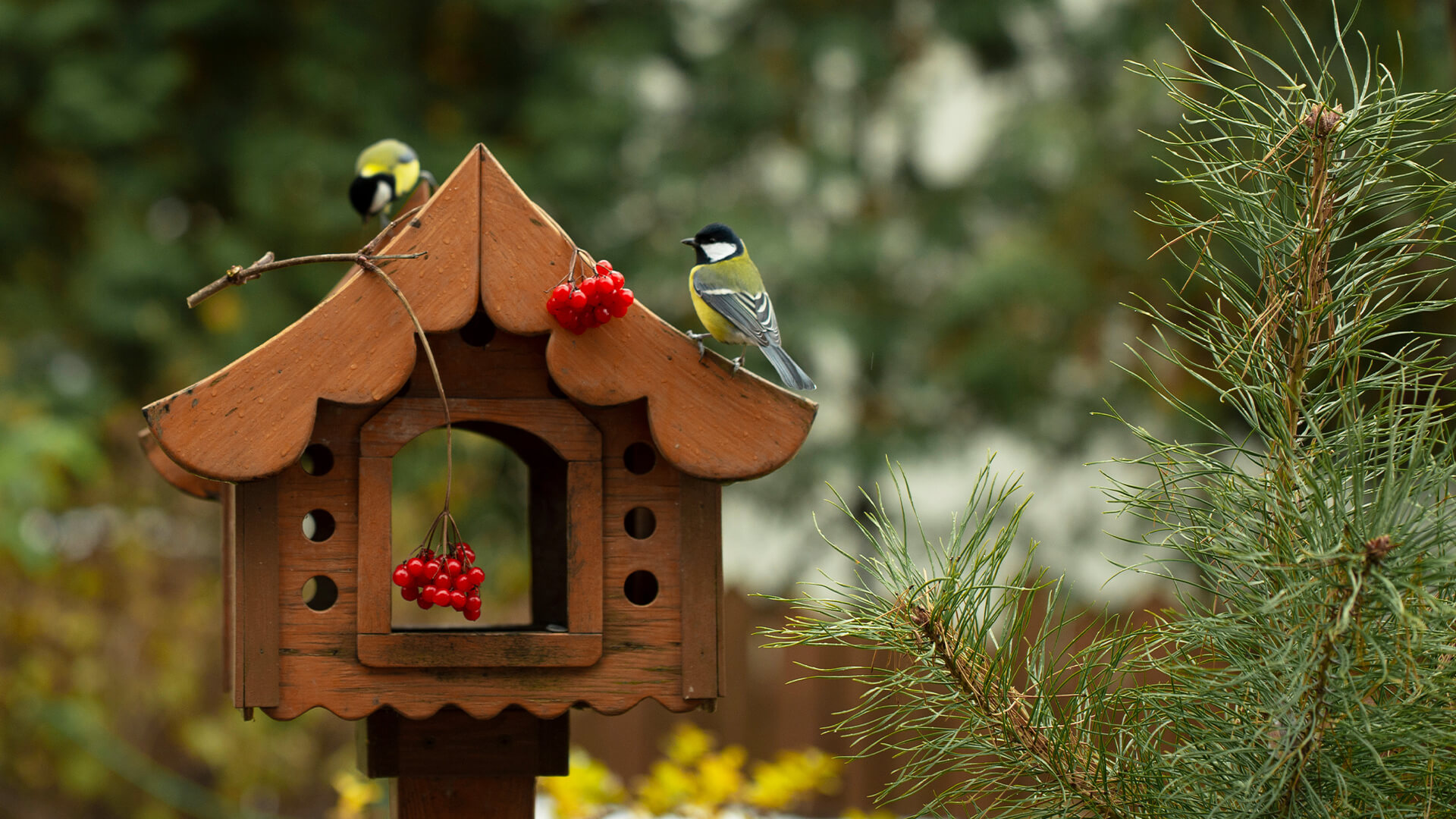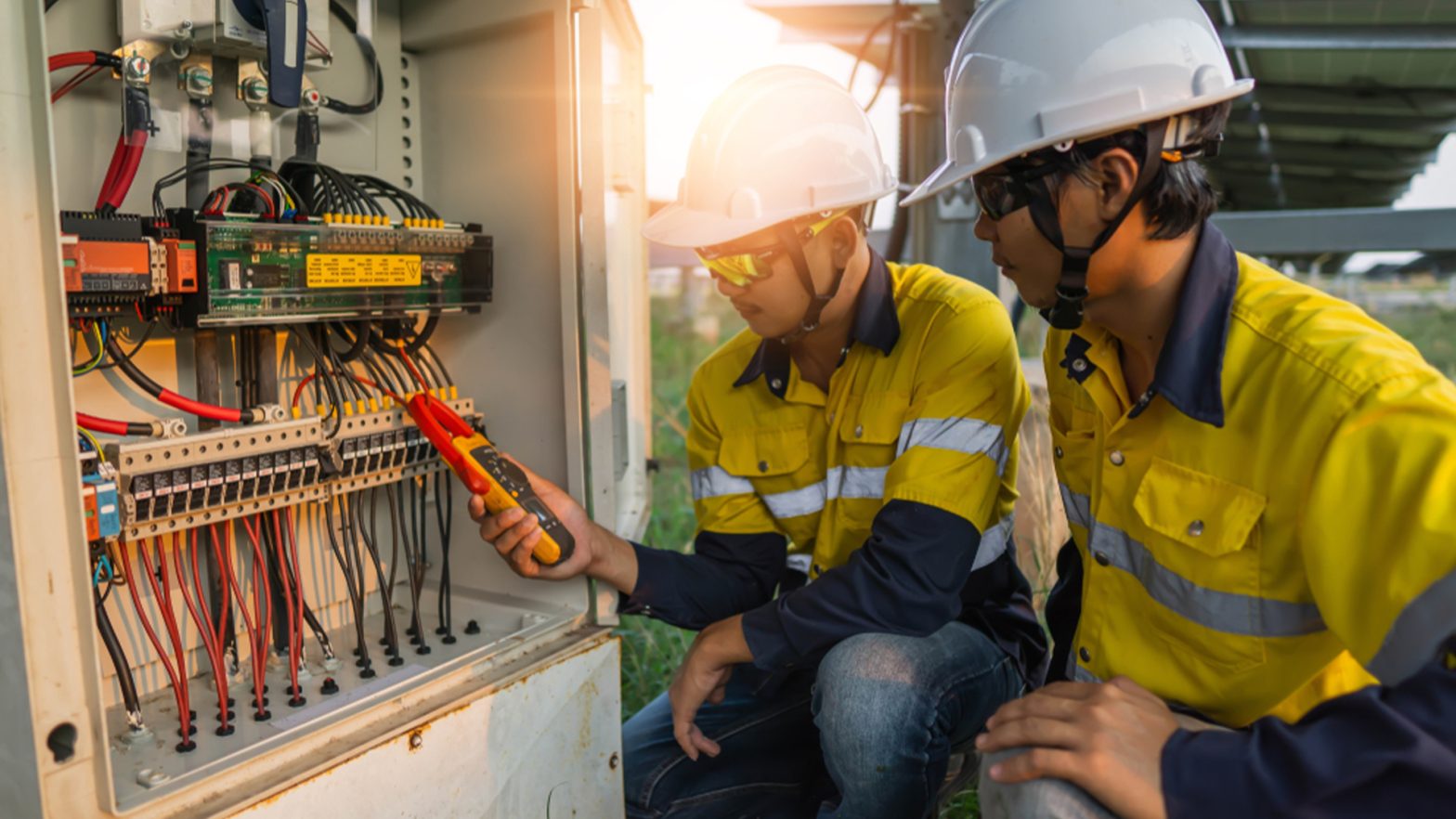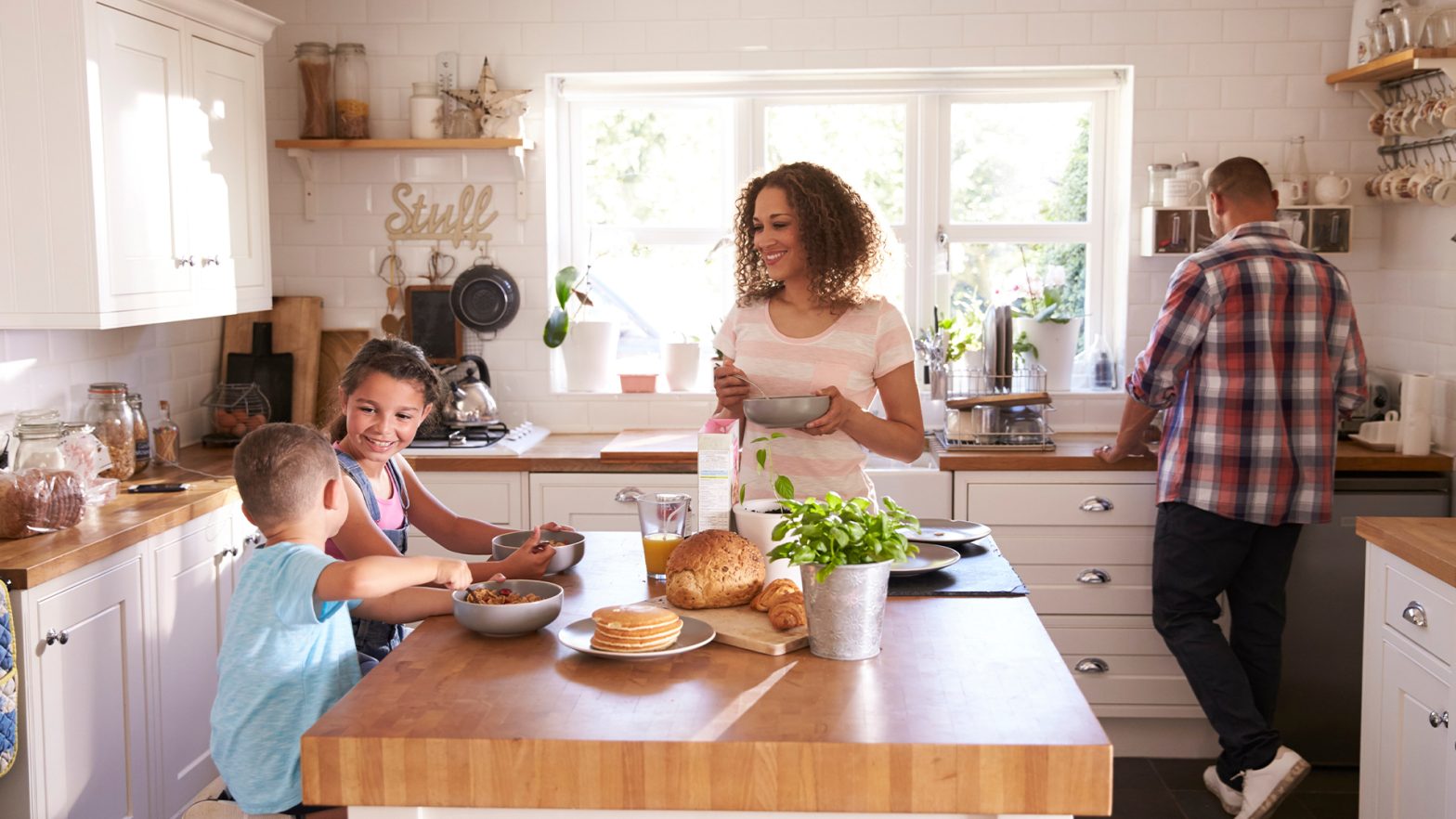Having coffee on the porch as the sun rises and the bird’s chatter is pretty much the feeling of internal peace. What isn’t quite so peaceful is how difficult it can be to get your bird feeders set up in such a way that other animals aren’t stealing all the seeds you’ve put aside so that there’s some left for the birds. Squirrels and raccoons and other creatures can be cartoonishly and devilishly clever when they want to be leaving you at your wit’s end. Beyond this, in the colder, dryer months, your feeders might not be giving birds what they need to handle winter. The following will explore a few things you can do to help protect your bird feeders so that the winged animals in your neighborhood can get what they need.
High-Quality Seasonally-Aware Feed
Birds, just like people, need a proper balance of macronutrients to remain healthy. Particularly, in the winter and fall, when a lot of other food sources like insects are dwindling, birds might need a little extra help. Suet is a common solution to this problem and is relatively easy to prepare or find. Suet is basically animal fat that has been shaped; you can find suet pellets for birds that you can mix with seeds and other things to form balls or bricks. These can be placed in caged feeders and will help birds get all the calories they need during the colder seasons.
Think About Feeder Placement
Likely, if you’re looking up ways to protect your bird feeders, you’re dealing with squirrels. They’re so crafty and flexible that it’s hard not to be impressed with them. Foremost, think about where you’ve placed your feeders. The further away from trees, fences, porches, rooftops, and gutters you place a feeder, the better. Believe it or not, squirrels can jump upwards of ten feet.
Consider Squirrel and Big Bird-Proof Cages
Secondly, seek out wire cages that can surround your feeder. Squirrels aren’t able to fit through the tiny openings left in the wire, but smaller birds have no problem getting at the feed within. This can also be a solution to big birds that like to bully small birds like grackles, pigeons, and starlings.
Try Baffles and Spinners
Third, you might want to look into baffles or spinners, which are devices designed to impede a squirrel’s ability to get up to a feeder. Yes, this might result in the occasional funny scene as a squirrel struggles to surpass the device. Yes, Disney should make a film about adventurous squirrels trying to overcome the obstacles humans put in place for them, but for now, you’ll have to rely on the sight of real squirrels in your yard attempting to deal with what you’d laid out.
Focus On Cleanliness and Feed Selection
Furthermore, do your best to clean the area around the feeder of spilled seeds and debris, as this might be what is attracting the squirrels in the first place. The task can be tiresome, but it also can make a fairly big difference.
Consider Spicy Feed
If all else fails, know that there are spicy seeds that squirrels detest but birds love. It turns out that all mammals are sensitive to spice, and most species will avoid hot foods if they can help it. Since birds won’t mind at all, this can really help settle the squirrel problem once and for all.
Feeder Selection
The type of feeder you choose can have a big impact on which birds come, which ones stay, and what other animals are sneaking in under the cover of darkness for a midnight snack. You can purchase a wide variety of feeders online or in stores, but you can also craft feeders yourself. You might be surprised how easy some of them are to create. Handmade birdfeeders are an excellent activity to do with small children as well, and sometimes this task even gets kids outside more often as they want to see if something has come and used their feeder. Be wary of using plastic materials if you’re not going to take the feeder down at the end of its lifespan, however. If you don’t want to have to deal with it again, you might want to use only biodegradable materials like wood.
The above information should help you tweak your bird feeder situation to help reduce non-bird animals feeding on your seeds and to support healthy birds in your area. The wonderful thing about bird feeders is that you can always have more of them. Once you find what works for the birds in your area, you might be tempted to add a few more. Go for it.





























